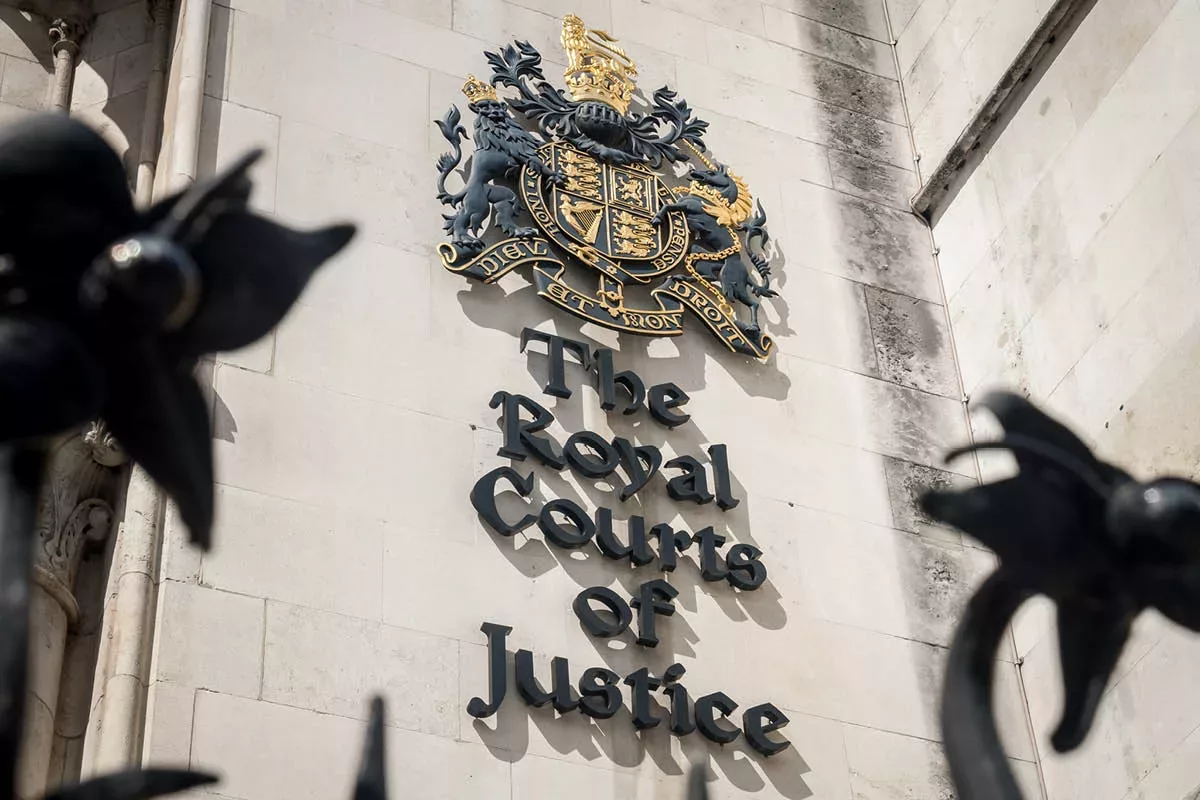Re Z (Surrogacy: Step-parent Adoption)
Jemma Dally and Marie Campbell instructed Janet Bazley KC, Olivia Magennis and Melissa Elsworth from 1GC in the reported case of Re Z (Surrogacy: Step-parent Adoption), where they represented the Respondent Surrogate, G.


In summary the case concerned two applications by X and Y, a same-sex male couple, in relation to a child, Z, aged 3. Z was born as a result of a domestic traditional surrogacy agreement in 2019 between X, Y and G. Z’s biological parents are G and Y. Y was named on Z’s birth certificate and has therefore always had legal parentage and Parental Responsibility for Z. Z has been in the care of X and Y since his birth.
In August 2021, G consented to a Parental Order, thus transferring her legal parentage and Parental Responsibility for Z to X. However, she did this on the condition that a Child Arrangements Order was made, providing for her to see Z every 6 weeks.
In January 2022, X and Y made an application to Court for variation or discharge of the Child Arrangements Order. They made the application on the grounds of what they claimed was G’s unwillingness to show flexibility ‘given [Z’s] young age and the true nature of the destabilising relationship she sought with [Z].’
In May 2022, G made an application to appeal the Parental Order. X and Y’s application was stayed until the conclusion of the appeal.
In January 2023, G successfully appealed the Parental Order on the basis that she had not given her free and unconditional consent at the time the order was made, which was a requirement as set out in s54(6) of the Human Fertilisation and Embryology Act 2008. Her consent had been conditional on the making of the Child Arrangements Order. This successful appeal re-instated her legal parentage and Parental Responsibility for Z (see Re C (Surrogacy: Consent) [2023] EWCA Civ 16).
After the conclusion of the appeal hearing, X made an application for a Step-Parent Adoption in June 2023 pursuant to s51(2) Adoption and Children Act 2002 (‘ACA 2002’) which allows the court to make an adoption order if the court is satisfied that ‘the person is the partner of a parent of the person to be adopted.’
X and Y’s application to discharge of the August 2021 Child Arrangements Order was heard alongside X’s Step-Parent Adoption application.
G opposed both applications. As she did not consent to the adoption, for an adoption order to be made her consent would have to be dispensed with on the ground that Z’s welfare required an adoption order to be made pursuant to s52(1)(b) ACA 2002.
At the final hearing the court heard oral evidence from the parties, a social worker, the guardian, and Dr Willemsen (the jointly instructed clinical psychologist), Mrs Justice Theis, having consideration for s.(1)(4) ACA, refused X’s application for a Step-Parent Adoption. She did this on the basis that Z’s welfare did not require the court to dispense with G’s consent, bearing in mind the background to this particular case and the continuing need for G to be recognised as a living part of Z’s life, as an important part of his lifelong identity needs.
Mrs Justice Theis also made a Child Arrangements Order allowing G to see Z four times a year for unsupervised contact, building up to an entire day, in addition to regular video contact. As agreed by G, the order restricted the exercise of G’s day to day parental responsibility.
A s91(14) order was also determined by the court to be necessary and made an order preventing further applications to the court for 3 years, by which time Z will be settled in school and the ordered contact will be an established routine.




